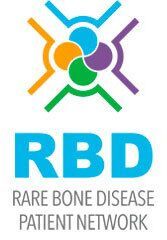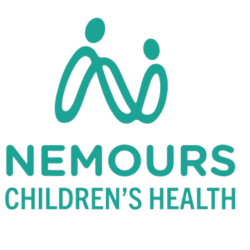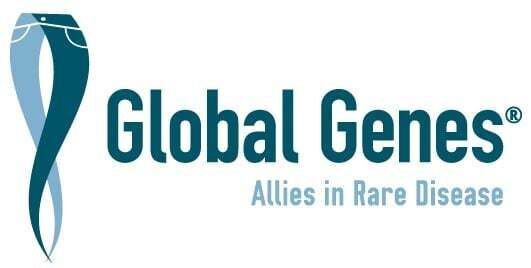
Living with complex lymphatic anomalies or any rare disease brings with it unique hurdles, not just in daily life but also in navigating the healthcare system and managing the psychological impacts of the condition. The journey often involves dealing with challenging medication regimes or seeking the right medical advice, which can sometimes feel like an uphill battle. Amidst these complexities, it's crucial to maintain a positive mindset and overcome self-defeating thoughts. Here are strategies to help you navigate these challenges:
1. Assess Your Reality: It's vital to discern between the inner critical voice and the actual reality of your situation. When grappling with healthcare challenges, like finding the right treatment or dealing with the side effects of medication, these self-defeating thoughts may amplify. Ask yourself reflective questions: Is my thought based on actual medical advice, or is it my apprehension speaking? What would my healthcare provider say about this thought? Remember, recognizing that these thoughts are not an absolute truth but rather perceptions can help you focus on constructive steps like adhering to treatment plans or seeking second opinions.
2. Gain Perspective: When faced with the labyrinth of managing a rare condition, it’s easy for the mind to magnify problems. It's essential to ground yourself in the broader picture. Reflect on questions like: How does this medical challenge fit into the larger journey of managing my condition? What can I control, and what is beyond my control? Acknowledge the progress you’ve made in understanding and managing your condition. This perspective can turn overwhelming feelings into manageable parts, making it easier to focus on the next step rather than the entire journey.
3. Cultivate a Happy Place: Given the unpredictability of treatment outcomes or doctor visits, it's important to have a personal sanctuary. This can be a physical space or a mental one, filled with positive affirmations, reminders of past victories (no matter how small), or supportive messages from loved ones. Especially on days filled with medical appointments or treatments, having this happy place can provide comfort and strength, reminding you of the joy and love in your life beyond the medical challenges.
4. Foster a Support Network: Establishing a support network is crucial, particularly when navigating the complexities of healthcare systems and treatment regimes. In addition to friends and family, consider joining the LGDA support group. Sharing experiences and advice can be incredibly empowering. Remember, your medical team is also a part of this network. Communicate openly with them about your concerns, and don't hesitate to reach out when you need clarification or support regarding treatment or medication.
5. Reframe Your Narrative: Altering your internal dialogue is profoundly impactful, especially when dealing with the frustrations of medical treatments or doctor interactions. Replace thoughts like "This medication will never work" with "This treatment has the potential to improve my condition, and I am monitored by medical professionals." Shift from "Doctors don’t understand my condition" to "I am an advocate for my health, and I will seek healthcare providers who are willing to partner with me on this journey." This positive reframing can alter your outlook, transforming challenges into opportunities for growth and empowerment.
Remember, while the path may be fraught with challenges, especially in dealing with medical uncertainties or navigating healthcare systems, these strategies offer a framework to foster resilience, seek support, and maintain a positive outlook. You are not alone in this journey, and your thoughts, though powerful, do not define your potential or the outcomes.










